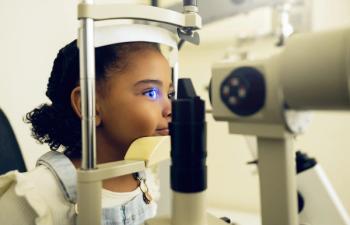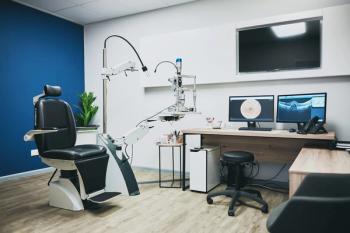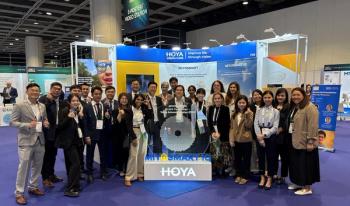
Accessible at-home COVID-19 tests are designed with visually impaired, blind individuals in mind
These new testing kits permit more equitable access to coronavirus testing.
A newly designed at-home COVID-19 test kit creates accessibility for individuals with visual impairments or blindness. These free testing kits are available through the US government.
These especially designed kits satisfy a need in which blind and visually impaired population cannot use standard rapid COVID-19 test kits on their own, and are designed with this patient population in mind, according to Ashish Jha, MD, MPH, the White House Response Coordinator.
The Administration for Community Living explained that 12 test kits are provided in each order; Medicare will provide up to 8 more tests each month. The recipients of the test kits must have a Bluetooth-enabled smartphone; a free app can be downloaded that provides audible instructions and the test results.
Individuals can contact the Disability Information and Access Line for help.
Patients are invited to call 1-800-232-0233 or order the tests online through the US Postal Service and COVIDTest.gov.
Jha commented that the newly designed test kit “ensures that everyone has equitable access to COVID-19 testing and all other critical…mitigation strategies is of the utmost importance.”
Reference
1. Suran M. Free COVID-19 tests for people with visual impairment. JAMA. 2022;328:699. doi:10.1001/jama.2022.14205
Newsletter
Want more insights like this? Subscribe to Optometry Times and get clinical pearls and practice tips delivered straight to your inbox.





























